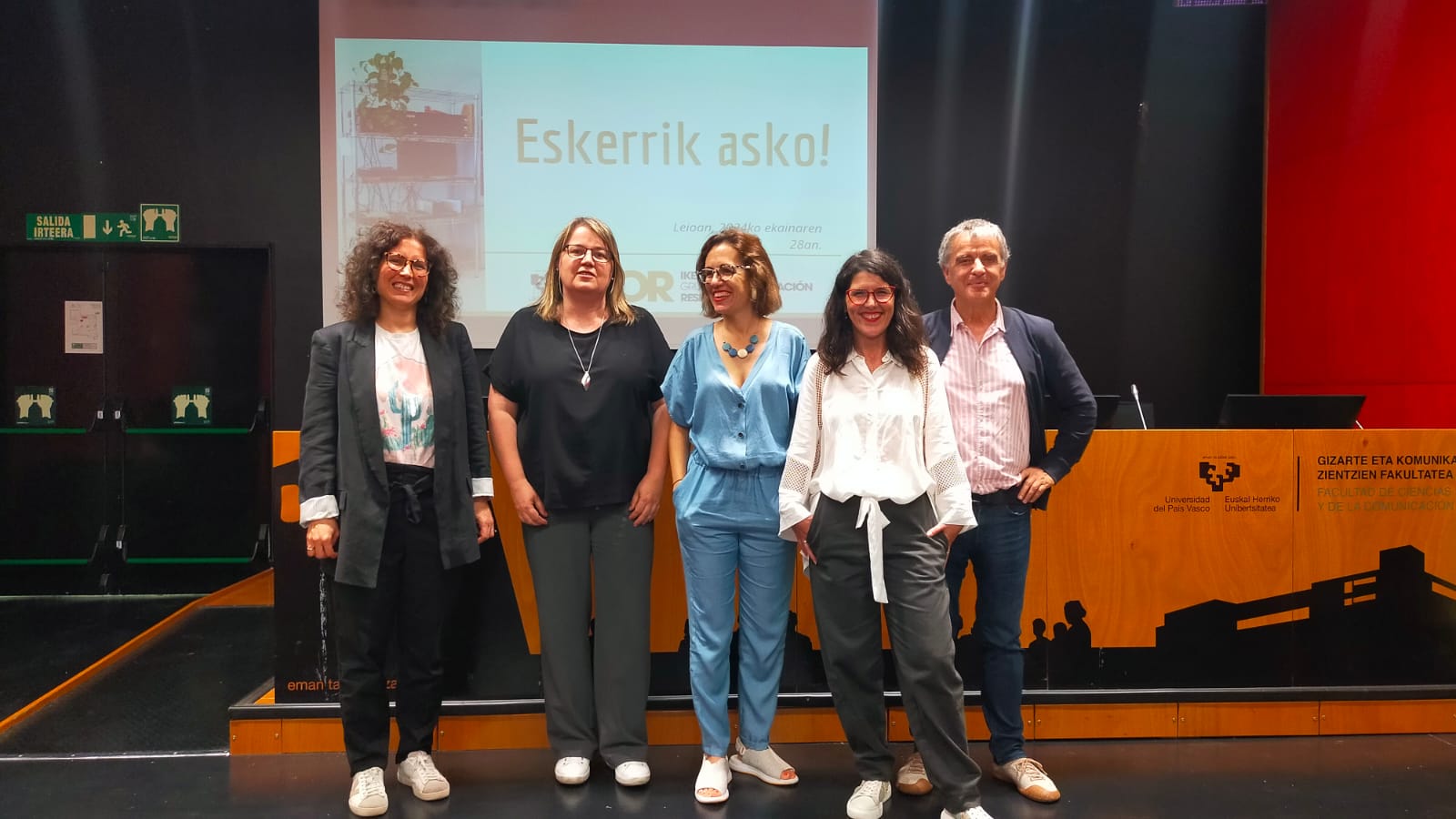If audiovisual accessibility refers to the possibility of access to audiovisual media by people with sensory disabilities, how can we deal with people with reduced linguistic ability to have access to similar products? NOR group’s member Deogracias talks about linguistic accessibility in her doctoral dissertation “Linguistic and audiovisual accessibility as a showcase for minority languages. Law and two-way service”.
From the point of view of minority languages, the speaker with limited linguistic competence is not the speaker of a minority language, usually bilingual, but the hegemonic language monolingual. Linguistic accessibility is therefore intended to ensure the access to the production in a given minority language. This opens up opportunities for production in a market that is totally dependent on audience figures.
From that starting point, Deogracias has carried out her work. Indeed, both the technology intended for the promotion of audiovisual accessibility and regularisation -especially in Europe- could be useful to promote linguistic accessibility, as demonstrated in her thesis.
Accessibility is also understood in a different way: as far as audiovisual accessibility is concerned, the goal is how to transfer the hegemonic (audiovisual) culture to the minoritised (people with hearing or visual disabilities). As for linguistic accessibility, the point is transferring the minoritised culture to the majority; so that the minoritised is not so minoritised..
The thesis was defended by Deogracias in Leioa on June 28, 2024. The supervisor was Josu Amezaga, and at the evaluation committee was formed by Anna Matamala (UAB), Katixa Agirre (UPV/EHU) and Arantza del Pozo (Vicomtech).

